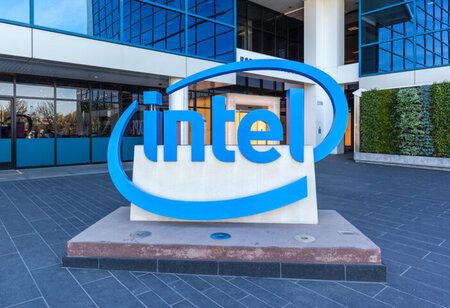
One of Intel's biggest mistakes over the last decade was failing to challenge Nvidia's dominance in the rapidly expanding market for artificial intelligence chips.
During his first earnings conference call with analysts as Intel's new CEO, Lip-Bu Tan outlined how Intel intends to change this, but cautioned, "This is not a quick fix." Tan stated that he would review Intel's existing products to sharpen them for emerging AI trends such as robotics and agents that can perform tasks for human users.
The task will be difficult because Nvidia no longer sells just chips; it sells entire data centers, including chips, cables, and software compilers. On Thursday, Tan stated that Intel will take a similar approach.
Intel's Chief Financial Officer, David Zinsner, has stated that the company will not make many acquisitions in the near future. "Our priority will need to be, at this point, getting the balance sheet to a better place," Zinsner told Reuters in an interview.
The implication is that Tan's efforts to finally put together a coherent AI strategy will be domestic."We are taking a holistic approach to redefine our portfolio, to optimize our products for new and emerging AI workloads," Tan claimed. "Our goal is to be the platform of choice for our customers. This necessitates a radical shift in our design and engineering mindset, as well as a proactive approach to our customers' needs."
Historically, Intel has left AI startups to develop new chips before acquiring them. Between 2016 and 2019, the company acquired a number of chip companies, including Movidius, Mobileye, Nervana, and Habana Labs, with the hope of breaking into the AI market.
While Mobileye maintained a strong position in autonomous driving, and Intel retained a stake in the company following a spinoff, the remaining deals failed to help Intel gain traction against Nvidia.
"Intel has a long history of developing important new silicon technologies within its own walls, so I'm not surprised to see them focus on in-house AI development," Bob O'Donnell, chief analyst at Technalysis Research, said.
But other analysts said that Nvidia's dominant position, along with the efforts of major cloud-computing firms such as Amazon.com and Google to build their own AI chips, leaves little room for Intel to break into the market.
The company provided a glimpse of its overall AI strategy and will focus on chips and systems that run AI applications and edge devices, according to Hendi Susanto, a portfolio manager at Gabelli Funds, which holds Intel shares.
"While these areas show promise, the scale and pace of their growth remain uncertain," Susanto said."If they can create the necessary software support to make it simple to deploy these new chips, they have a chance—but that's a big if."
We use cookies to ensure you get the best experience on our website. Read more...